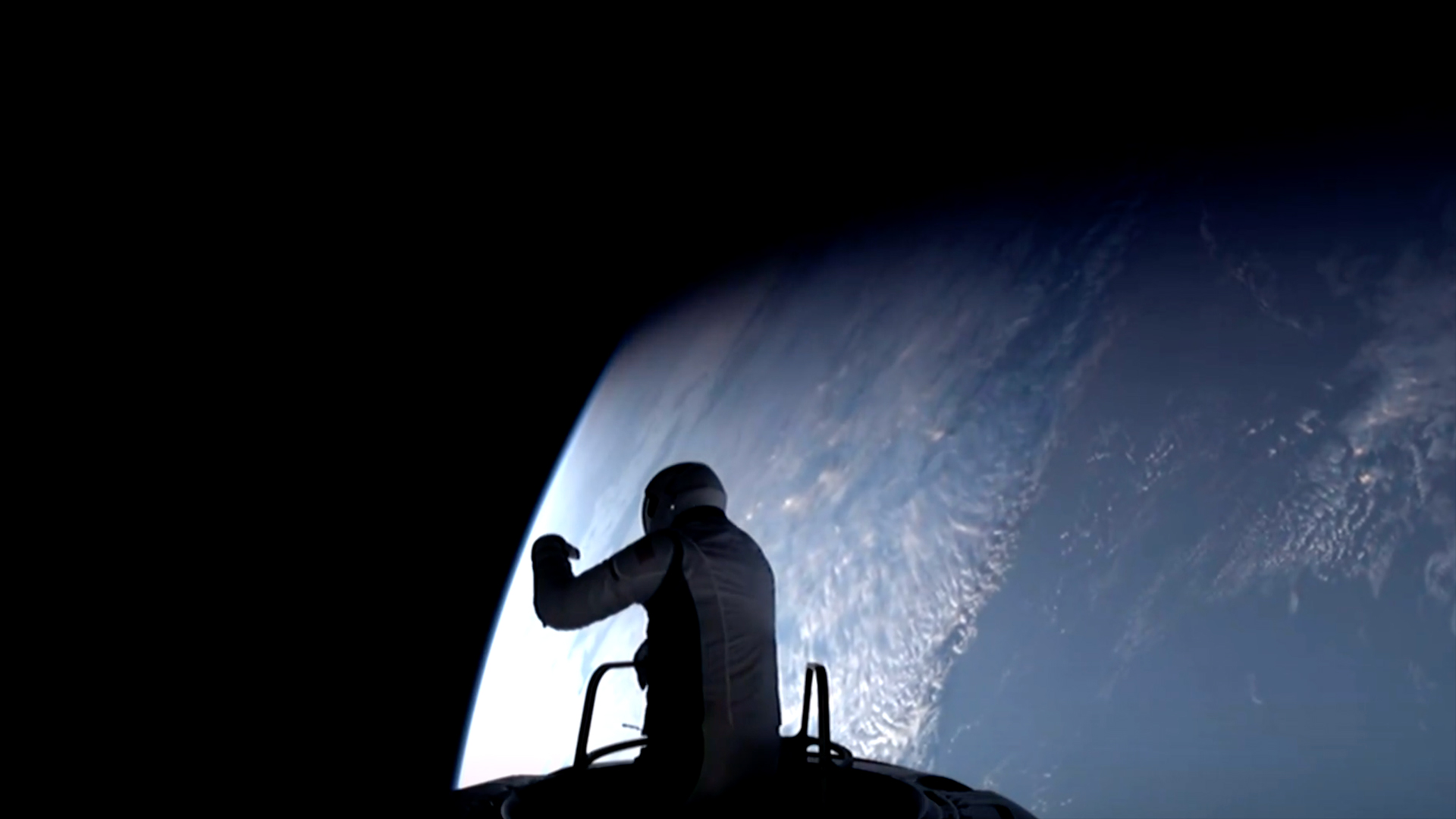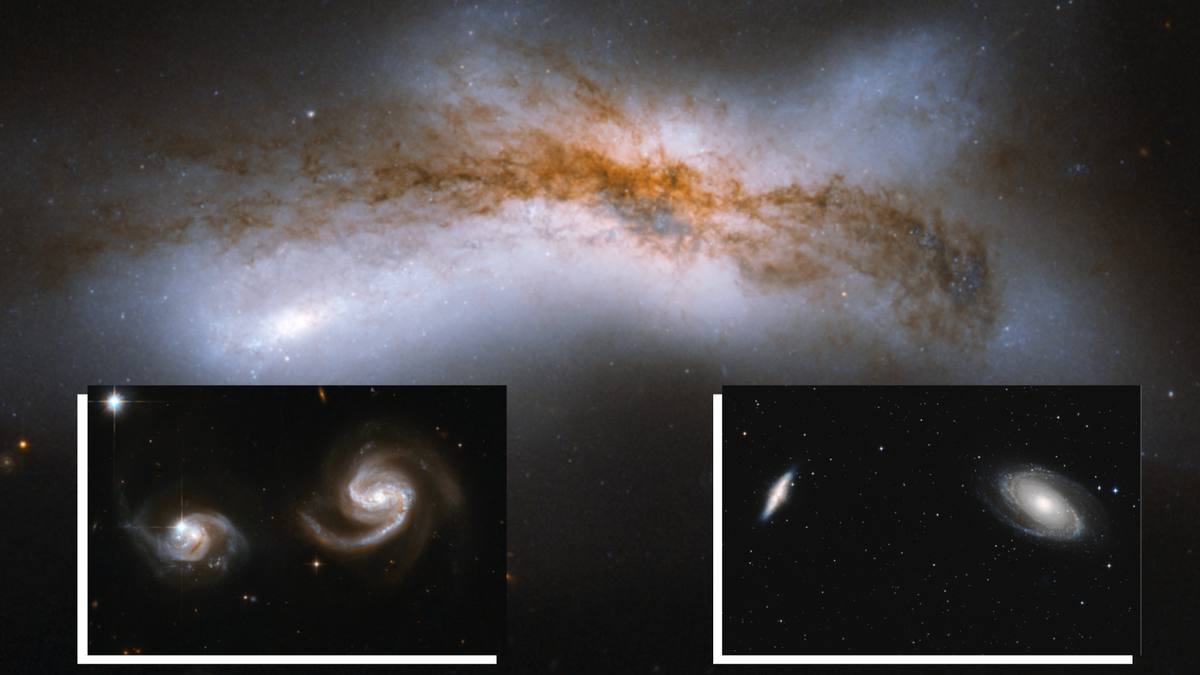Jared Isaacman won't be NASA's next chief after all.
Semafor reported on Saturday (May 31) that President Donald Trump is pulling the nomination of Isaacman, a billionaire tech entrepreneur and private astronaut who has commanded and funded two SpaceX missions to Earth orbit.
The White House confirmed the news shortly thereafter.
"The administrator of NASA will help lead humanity into space and execute President Trump's bold mission of planting the American flag on the planet Mars," White House spokesperson Liz Huston said in an emailed statement on Saturday.
"It's essential that the next leader of NASA is in complete alignment with President Trump's America First agenda, and a replacement will be announced directly by President Trump soon," she added.
The move comes as something of a surprise. Trump announced his choice of Jared Isaacman in December, before the president's inauguration, and the nominee seemed poised to be confirmed by Congress as soon as next week.
Huston's statement doesn't give an overt reason for dropping the 42-year-old Isaacman, the founder and CEO of the payment-processing company Shift4. But it seems to imply that the White House doesn't think Isaacman is fully on board with Trump and his space priorities.
We got a detailed look at those priorities on Friday afternoon (May 30), when the White House released an in-depth version of its NASA budget request for the 2026 fiscal year.
The documents propose a $6 billion budget cut for the agency, from $24.8 billion to $18.8 billion, with funding for NASA's science programs slashed by 47%.
Those numbers were first revealed about a month ago, when the White House released its summary-version "skinny budget" request. But the newly released documents lay out the consequences of the cuts, should they be enacted by Congress.
NASA's workforce would be reduced by nearly a third, for example, and dozens of the agency's science missions — including the Juno Jupiter orbiter, New Horizons Pluto probe and a number of other spacecraft that are currently gathering data in deep space — would be cancelled.

Isaacman's nomination was pulled just a day after Elon Musk's 130-day appointment as a "special government employee" came to an end.
Musk led the cost- and regulation-slashing Department of Government Efficiency while serving in that role. During a press conference at the White House on Friday (May 30), Musk said that he will remain an adviser to, and friend of, President Trump despite the loss of official status.
It's worth noting this quirk of timing, given that Isaacman has done business with SpaceX and Musk. But doing so is not to imply that Isaacman would have favored SpaceX as NASA chief.
Multiple Democratic senators questioned Isaacman about possible conflict-of-interest concerns during his nomination hearing before the Committee on Commerce, Science, and Transportation in April. Isaacman repeatedly stressed that he's not tight with Musk and that, if confirmed as agency chief, he would act solely in the best interests of NASA and the nation. The committee voted on April 30 to advance his nomination to the full Senate for confirmation.










 English (US) ·
English (US) ·